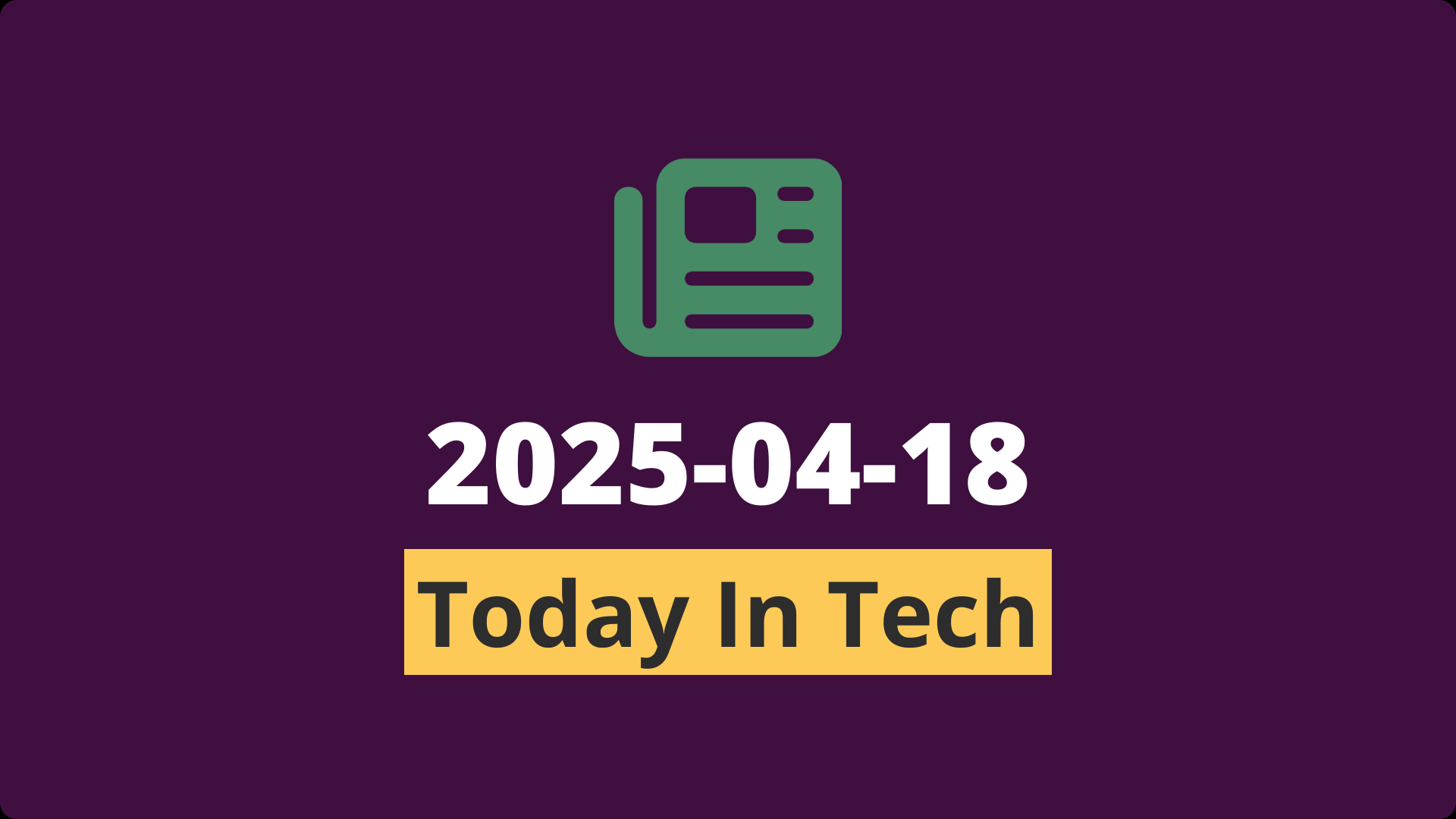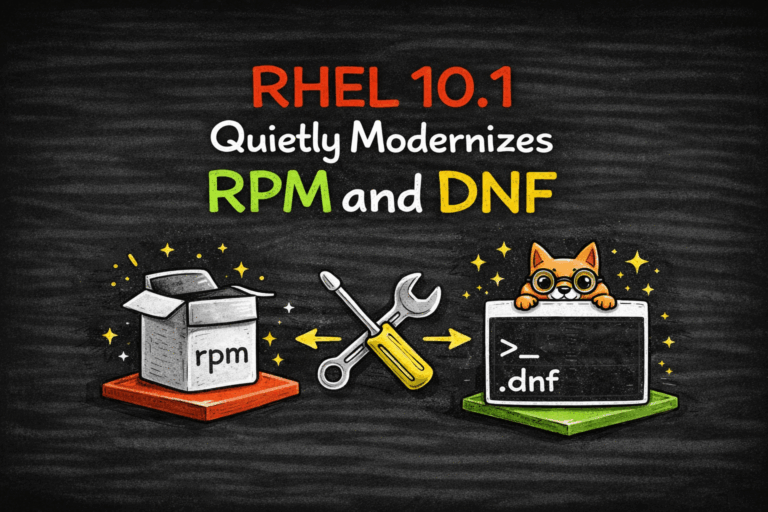Table of Contents
🔧 Intel CEO Restructures Leadership, Appoints Sachin Katti as CTO
Intel’s new CEO, Justin (Liwu) Chen, is streamlining the company’s executive structure in his first major leadership move. Under the new model, heads of Intel’s Data Center, AI, and Client Computing groups will report directly to Chen. Notably, Sachin Katti—formerly in charge of Intel’s networking chip division—has been promoted to Chief Technology Officer and Head of AI.
This reorganization aims to reduce management layers, improve collaboration between engineering and executive teams, and foster a stronger innovation culture. Former Product CEO Michelle Johnston Holthaus will have her responsibilities realigned, while CTO Greg Lavender is set to retire. Chen emphasized the need to address Intel’s organizational complexity and bureaucratic inefficiencies to improve decision-making and execution.
💰 Meta CEO Mark Zuckerberg’s 2024 Pay Reaches $27.2 Million
Meta CEO and founder Mark Zuckerberg received total compensation of $27.2 million in 2024, up from $24.4 million the previous year. His pay package includes costs associated with personal security, private jet use, and facility upgrades. True to his long-standing practice, Zuckerberg takes a symbolic $1 annual salary, with no cash bonuses or stock awards.
🧠 Microsoft Unveils BitNet: Ultra-Efficient 1-Bit AI Model for CPUs
Microsoft researchers have developed BitNet b1.58 2B4T, reportedly the largest and most efficient 1-bit AI model to date. Released under the MIT license, BitNet is optimized to run on standard CPUs—including Apple’s M2 chip—rather than high-end GPUs.
The model uses a process called quantization to reduce parameter precision to just 1 bit (values of -1, 0, or 1), dramatically cutting memory and compute demands. With 2 billion parameters, BitNet outperformed similarly sized models from Meta, Google, and Alibaba on benchmarks like GSM8K (math reasoning) and PIQA (physical reasoning).
🌍 Google to Phase Out Country-Specific Domains
Google announced it will begin retiring its country-specific domains—like google.ng (Nigeria) and google.com.br (Brazil)—and redirect users to google.com. According to the company, localized search results are now largely consistent regardless of the domain used, rendering country-code top-level domains (ccTLDs) unnecessary. The transition will be completed in the coming months.
⚙️ OpenAI Launches “Flex Mode” to Cut API Costs in Half
In an effort to make its AI services more affordable, OpenAI has introduced a new API pricing tier called Flex Mode. The trade-off? Lower costs in exchange for slower response times and occasional unavailability.
Flex Mode is now available for the newly released o3 and o4-mini inference models. It’s best suited for non-production workloads such as testing, data augmentation, and background tasks.
- For example, using o3 in Flex Mode costs:
- $5 per million input tokens
- $20 per million output tokens
(Half the standard pricing of $10 and $40, respectively)
- For o4-mini, Flex Mode brings the price down to:
- $0.55 per million input tokens
- $2.20 per million output tokens
(Compared to the standard $1.10 and $4.40)
🤖 Claude Gains Research Mode and Google Workspace Integration
Anthropic has rolled out Claude Research, a powerful new feature that enables Claude to perform deep, multi-step searches similar to OpenAI’s “Advanced Research” in ChatGPT. The tool uses an agentic framework to plan and execute search tasks, delivering more comprehensive and nuanced answers.
In addition, Claude now offers deep integration with Google Workspace, giving it access to Gmail, Google Calendar, and Google Docs. This lets Claude understand context, reference documents, and even assist with project management tasks using information from your Google apps.
See also: Mastering the Linux Command Line — Your Complete Free Training Guide




